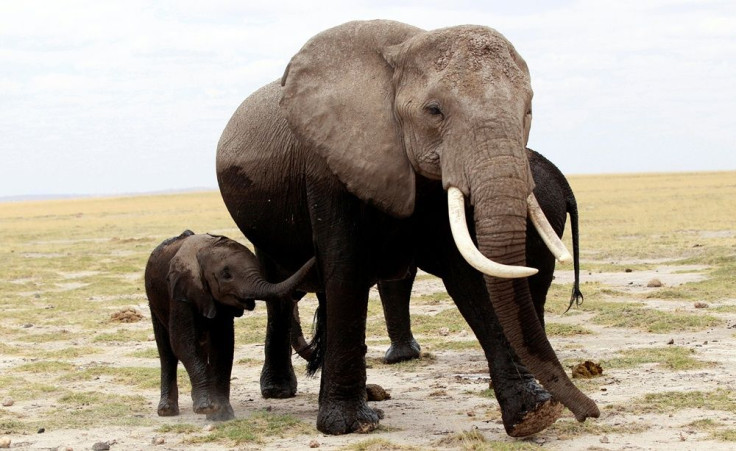Experts Warn African Elephants’ Threat to Extinction Within Two Decades

African elephants could possibly be wiped out from the wild within two decades, according to experts during the African Elephant Summit in Botswana. The summit focused on the alarming elephant population decline as a result of ivory poaching, with East Africa being affected by the worst decline with elephant population of 100,000.
Elias Magosi of the Botswanan environment ministry said that the aim of the meeting was to obtain commitments to make sure that concerted efforts are done to save and slow down the killing of the elephants. The conference, held in Kasane, Botswana, on Monday with 20 nations involved, revealed that poaching activities are unsustainable.
The numbers from the International Union for Conservation of Nature show that there is a decrease of the African elephant’s population from 550,000 down to 470,000 between the years 2006 and 2013. Unfortunately, the number is consistently dropping.
According to Dr Philip Muruthi, senior director of conservation science for African Wildlife Foundation who was present during the summit, there is a need to handle the problem now. “I do not want to see us reach a time when there are no more African elephant summits because there are no more elephants,” he said.
In line with the African Elephant Summit, government leaders and representatives are meeting for Wednesday’s Conference on Illegal Wildlife Trade in Kasane to tackle on the problems of animal trafficking.
Hunting elephants is often linked to international crime networks that support the illegal activity of selling ivory in the market and the profits are thought to support militants. The poaching activities not only limit to elephants, but also to animals such as rhinoceros and tigers.
Unless the current trend on illegal ivory trade stops, African elephants could face possible extinction within two decades, according to Vulcan senior researcher Dune Ives.
To contact the writer, email: wendylemeric@gmail.com





















